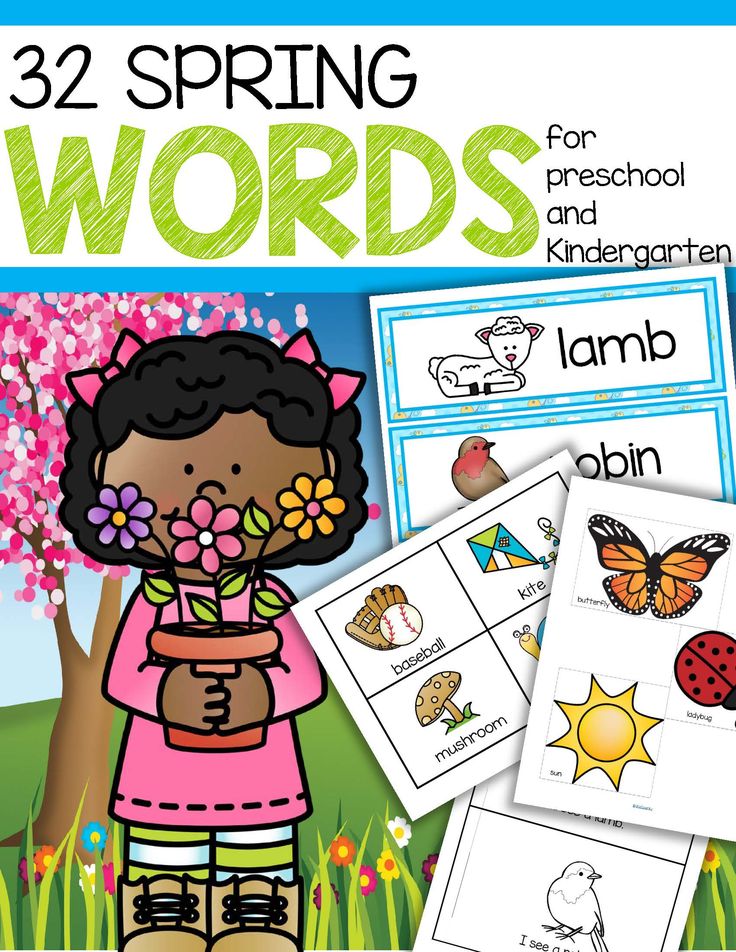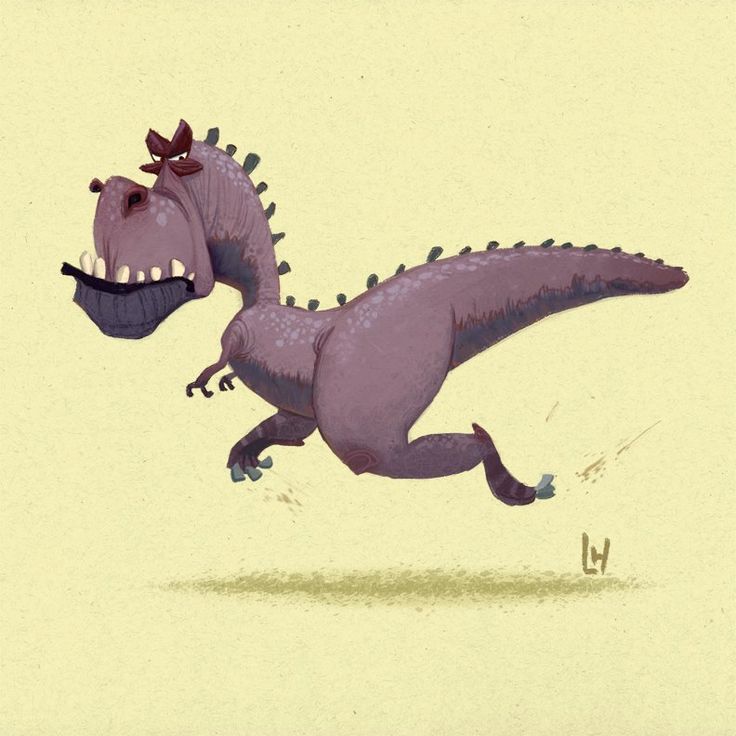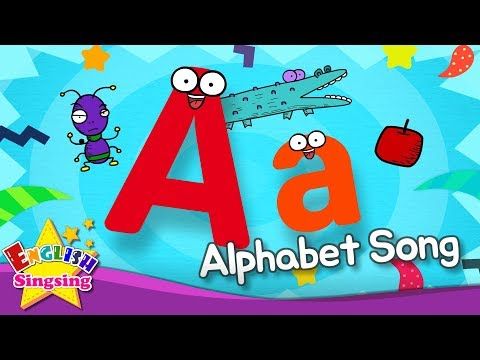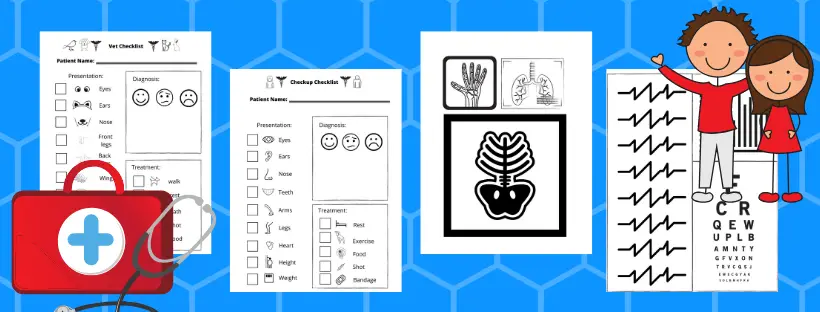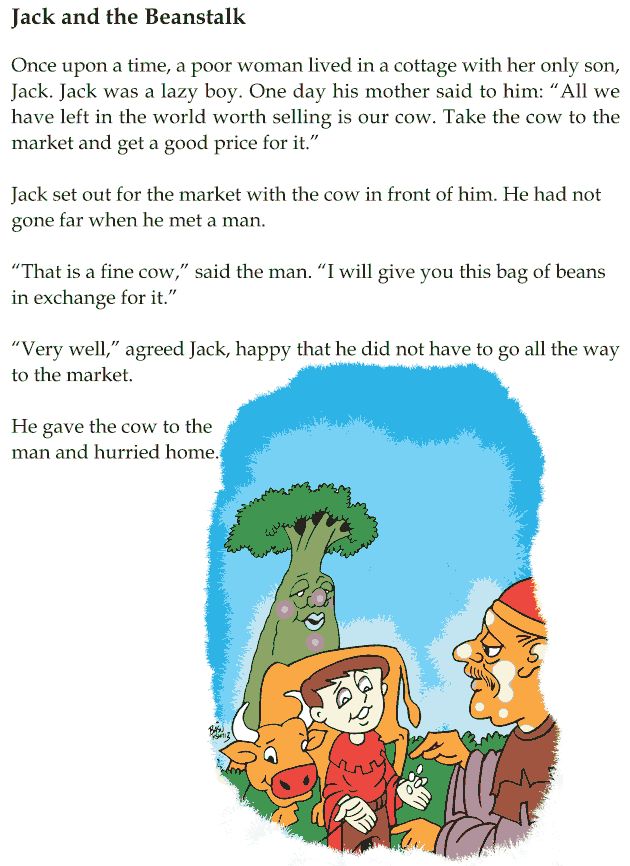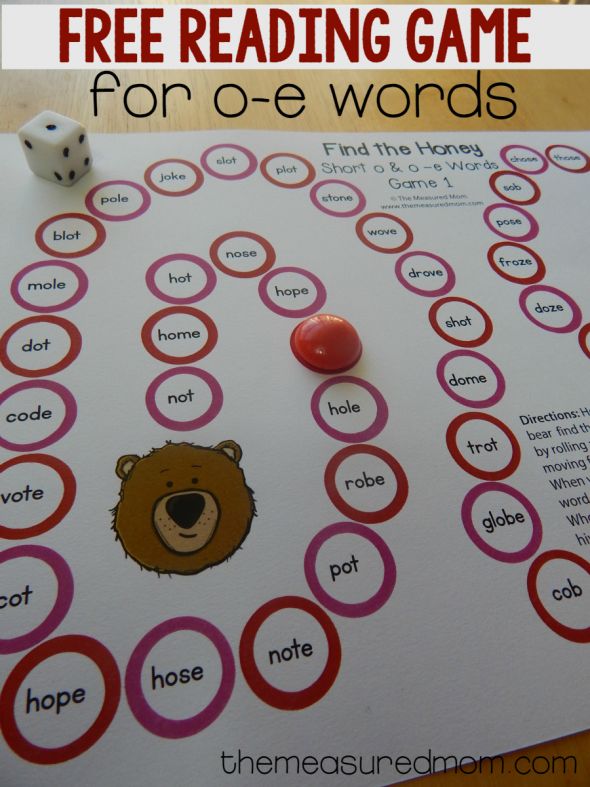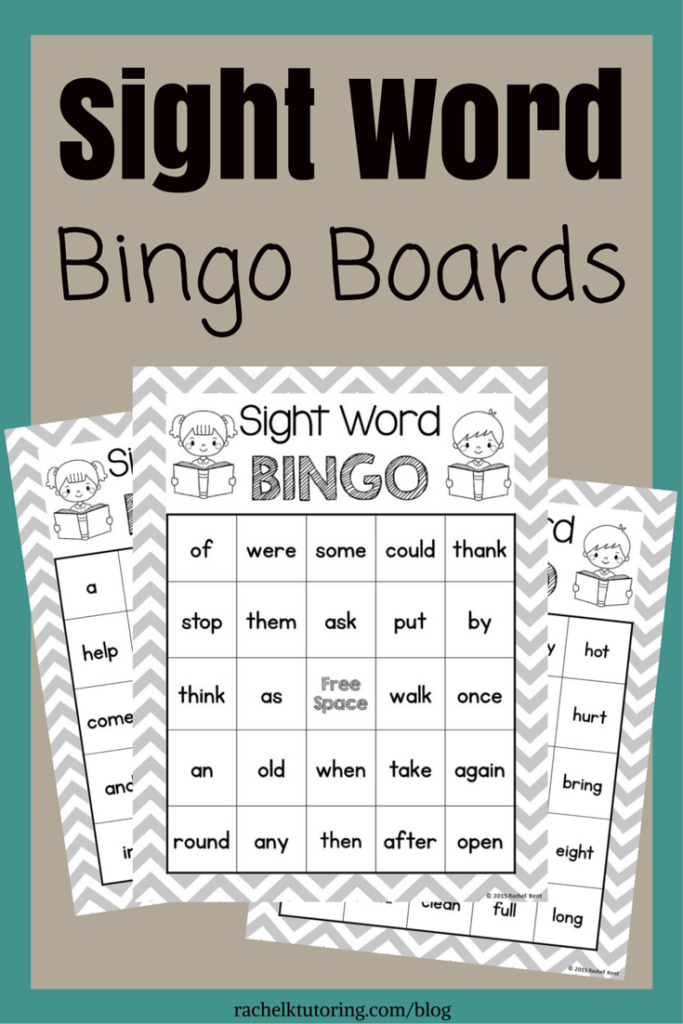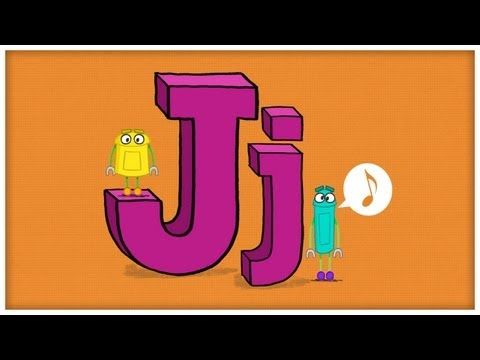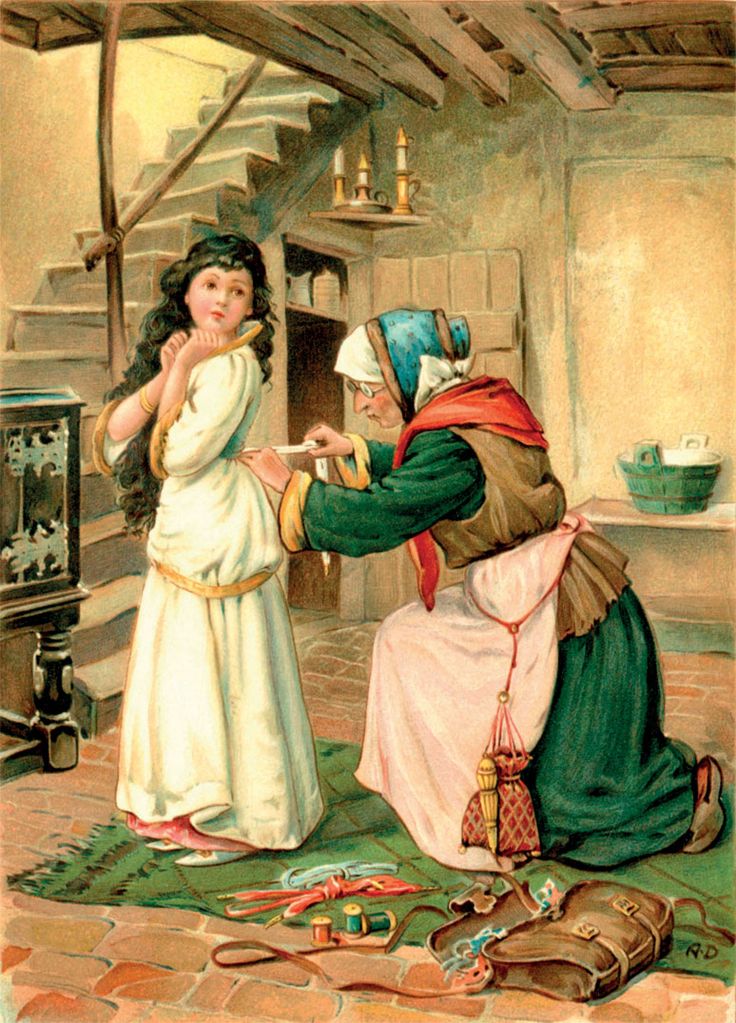Vocabulary activities preschool
8 Simple Vocabulary Games for Preschoolers and Kindergarteners
- Share
Building vocabulary in early childhood is all about exposing children to language – by talking to them, reading to them and generally exposing them to a language-rich environment.
You can also find fun ways to teach vocabulary by planning specific activities, such as playing games or engaging in interactive language activities.
Here are some awesome vocabulary games for kids that are simple and require no prep.
I’ve put together a list of easy games I used to play in my classroom that the kids loved. Play them in class, at home, on the way to school or while doing chores like making dinner together!
My personal favourite is the last game as it is a real challenge.
1. CategoriesThis game teaches children new words as well as their meaning, context and the relationship between words.
How to play Categories:
- Choose a category – fruit, kitchen, the zoo, music, clothes, etc.
- Make a long string of words that belong in the category by taking turns adding words.
- Each word may only be said once.
- If you repeat a word, choose a word that doesn’t belong or simply run out of ideas, choose a new category and start again.
- Stay motivated by writing down the record of how many words are in a category and attempt to beat it.
This game is great for teaching children to understand the context of words and how they relate to each other. Words do not live in isolation but work together.
Children may have a good vocabulary of general words but are also able to start developing some theme-specific words that are more unusual in everyday language.
As they grow up and develop more interests they also learn the jargon related to their interests.
While playing this game, try to throw in some interesting, less common words now and again when it is your turn, explaining any words that your children aren’t familiar with.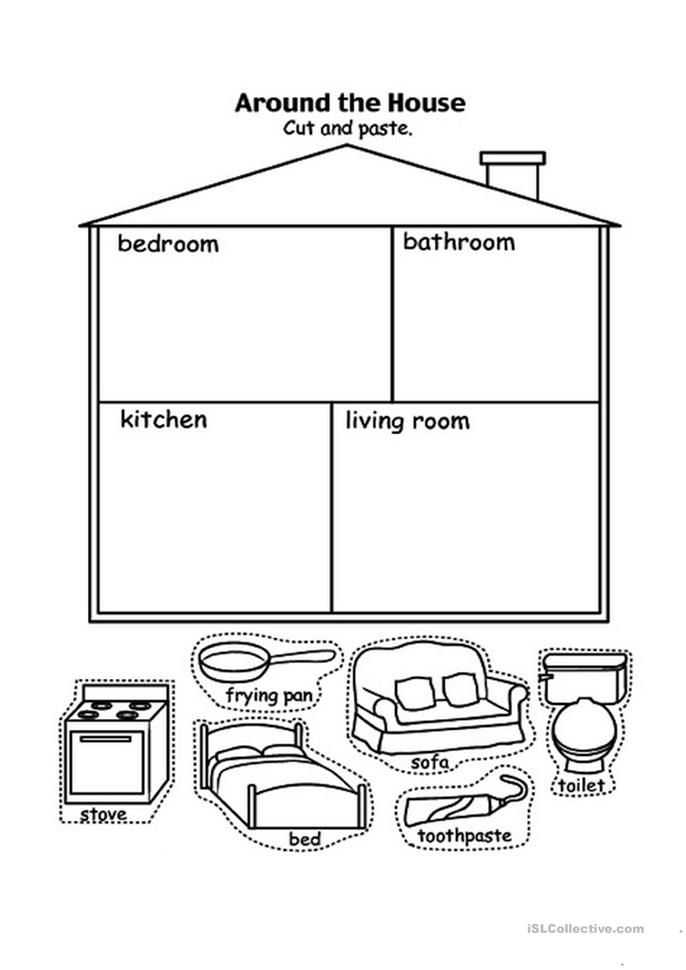
This game is about finding the words to explain something. It will expand your children’s vocabulary of adjectives and verbs.
How to play What am I?
- The children close their eyes and you find any object in the room and hide it behind your back.
- You must describe the object while your children guess what it is.
- Use riddle phrases such as I am long, I am shiny, I am used to eat with, I hold liquids, What am I? (a spoon).
- Give as many clues as you need to until the object is guessed.
- Once a child guesses correctly, it is their turn to hide an object and describe it.
The reason you should go first is to model how to use descriptive phrases without giving away what the object is.
The younger your children, the simpler and more obvious the clues will be that they use but as they get older they will learn how to be more cryptic.
It’s often difficult to see progress in a child while you are teaching them something through play – the progress is noticed with time.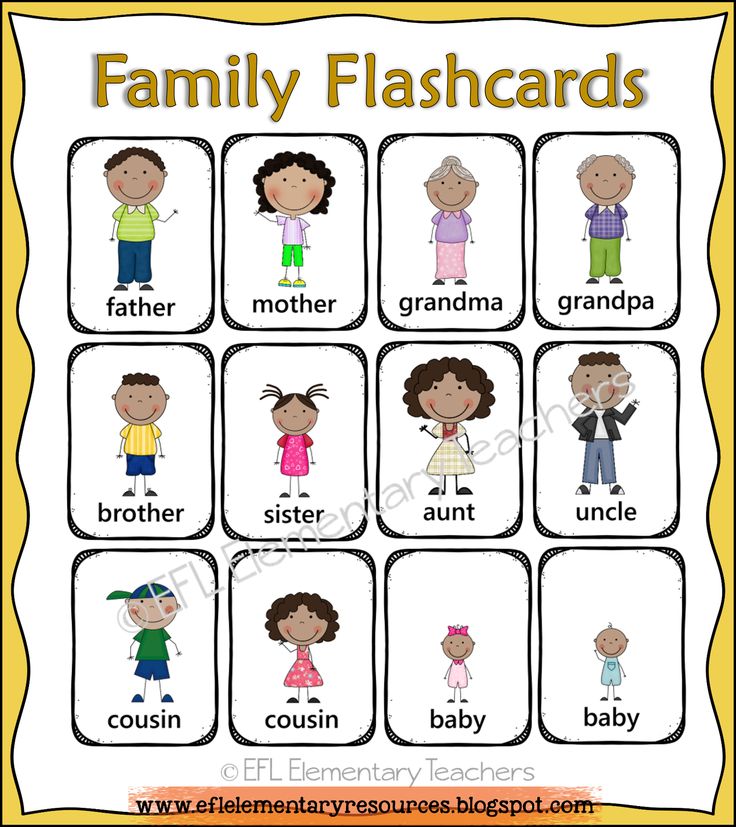
However, this is a game where you will see how quickly your children go from giving very short, obvious clues to using language to describe the texture, colour, size, function, etc.
3. I SpyThe game I spy with my little eye is an old favourite that children love playing. It is a variation of the game above and also teaches children to use language descriptively.
How to play I Spy:
- Begin the game by spotting something in the same room you are playing in.
- Describe the object briefly and let your children guess what it is.
- For example: I spy something that is very small, blue and makes a noise if you shake it.
- Whoever guesses correctly, has a turn to spy on something and let you guess.
To vary this game, only give one set of descriptions and then let your children have as many guesses as necessary.
In the previous game, the object was hidden, whereas in this one the object is in the room and therefore should eventually be spotted.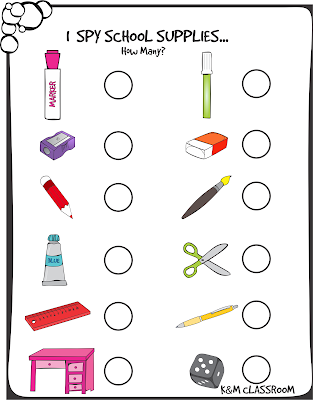 You may want to add one or two last clues if they need some assistance.
You may want to add one or two last clues if they need some assistance.
The process of guessing and listing the many potential items in the room is also good for building vocabulary.
4. Odd One OutIn a previous game, children made a long list of words in a particular category. Try this game where you now present a list of words and your children have to think of the context of the words and pick out the word that doesn’t fit.
How to play Odd One Out
- Choose a category (without saying it out loud).
- Say a list of 4 or 5 words, all belonging to the category, except one word which should not belong to that category.
- Your children must spot the word that doesn’t belong.
This is not as easy as the previous games because it requires another level of thought.
Because you are not telling your kids what the category is, they have to first listen to all the words and find a common relationship between all but one of them.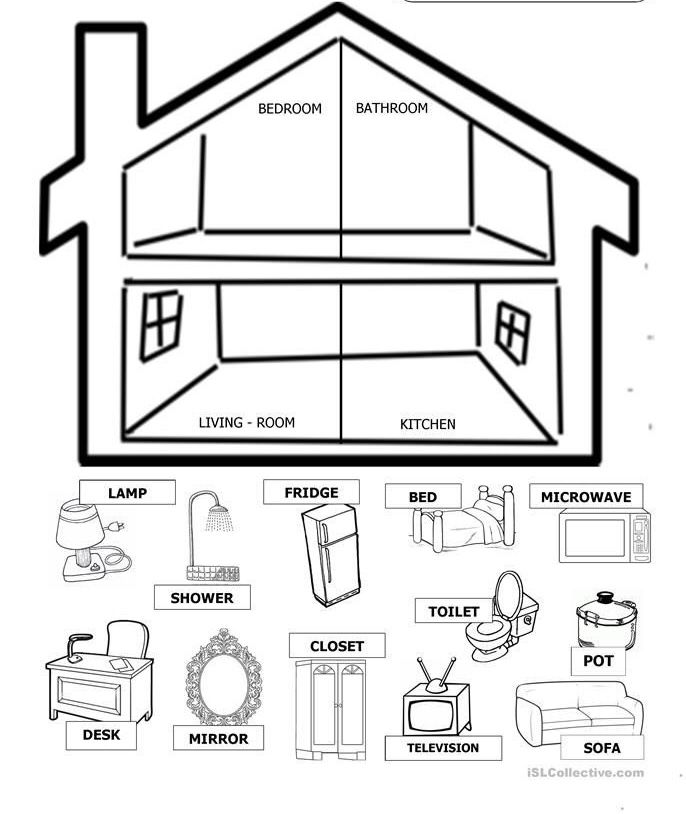
You can make this as easy or as difficult as you want, depending on your children’s age and how much they are ready to be challenged.
Here is the difference between an easy round and an advanced round:
- Apple, peach, banana, fish (fruits – fish is the odd word)
- Book, sock, bed, plate, pillow (things found in a bedroom – plate is the odd word)
Here are more Odd One Out game examples.
5. A Bird FliesTeach your children to use action words (verbs) with this simple vocabulary activity.
How to play A bird flies:
- Choose an animal, person or object (e.g. a bird).
- Ask your kids to think of something a bird does (e.g. a bird flies, a bird chirps, a bird sings, a bird hops).
- Take turns choosing words.
This game is a variation of What Am I? It teaches children comprehension skills by making them use the information they have to solve the riddle.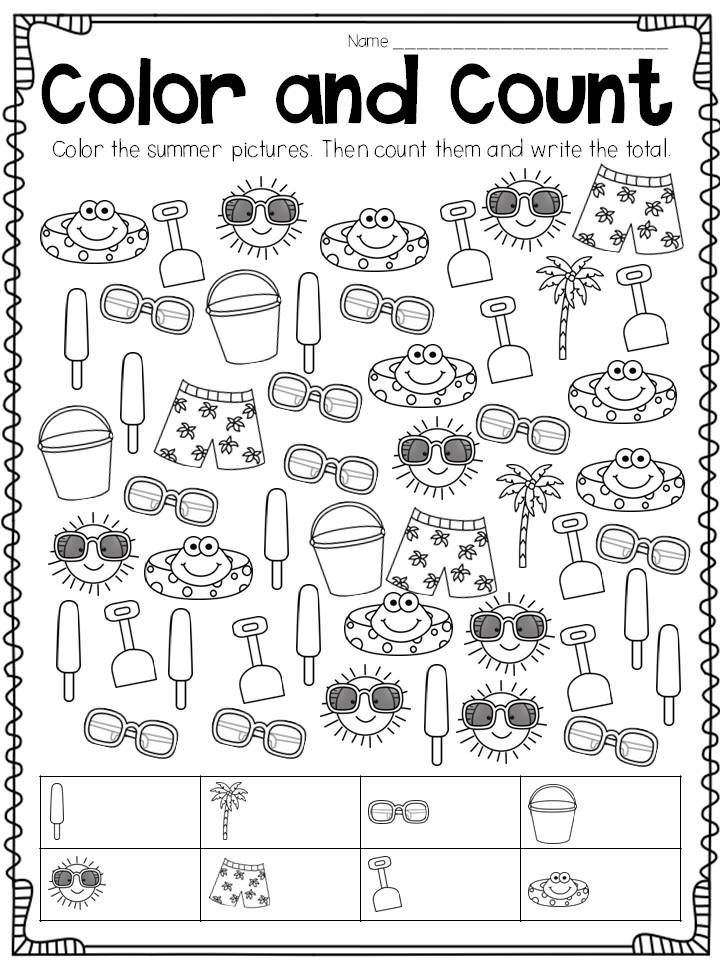
How to play What is it?
- Choose an animal.
- Describe it in a riddle: I’m thinking of something that lives in the sea, has sharp teeth and swims very fast. What is it?
- Whoever guesses the animal, has a turn to choose an animal and make up a riddle.
This game also encourages creative thought as your children have to make up riddles and find interesting ways to explain their animal.
It is best to play this game using the same theme, such as animals, for a few rounds until your kids have learned how to make up a riddle.
Later on, try a different theme such as people at work (e.g. I wear a long coat, I work in a hospital, I sometimes do operations. Who am I?)
7. Once Upon a TimeMaking up stories is a great way to develop vocabulary as well as creativity and imagination.
There are 3 ways to make up a story:
1. Using a familiar story
For younger children, use a storybook that they have heard before. Page through the story and take turns to “tell” the story on each page.
Page through the story and take turns to “tell” the story on each page.
Your children will remember some of the story from hearing it before and will use the pictures on the page as clues.
2. Using an unfamiliar story
Use a story with pictures that your children haven’t heard before and page through, taking turns to make up the story by interpreting the pictures.
Follow your kids’ lead and continue the story from their interpretation, while bringing in new ideas and events based on the pictures.
3. Making up a story
Make up a story without a book. This is a great game for the car or for bedtime.
Make up a beginning, such as “Once upon a time there was a little bear in the jungle.” Take turns, adding one line to the story at a time.
I used to play this game often in my classroom and it always got the kids in stitches!
8. Keep It GoingYou can play this game anywhere, but the best place is while driving.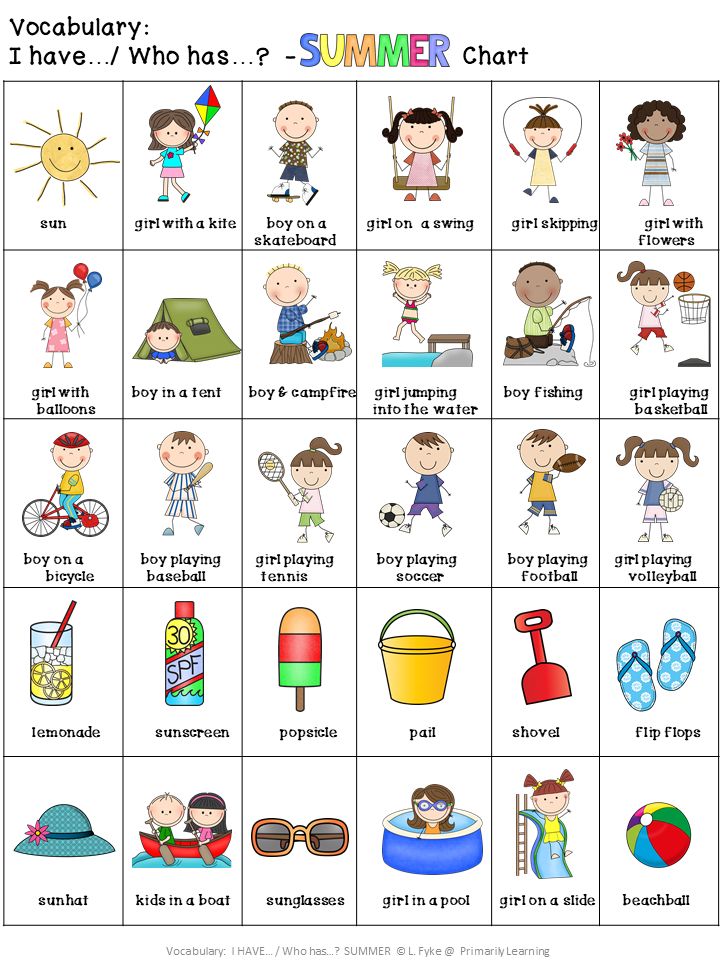 It’s a great game for learning nouns and thinking fast.
It’s a great game for learning nouns and thinking fast.
How to play Keep it going:
- As you pass things while driving, take turns naming as many things as you can.
- For example, say “tree, building, sign, traffic light, shop, chair, grass, clouds”, etc.
- Try to keep an unbroken chain of words throughout the trip.
This game is really fun and also requires a lot of thinking. Your children have to really concentrate and think on their toes to not break the continuous stream of words.
I hope you’ve enjoyed these games and activities for developing vocabulary.
Get FREE access to Printable Puzzles, Stories, Activity Packs and more!
Join Empowered Parents + and you’ll receive a downloadable set of printable puzzles, games and short stories, as well as the Learning Through Play Activity Pack which includes an entire year of activities for 3 to 6-year-olds.
Access is free forever.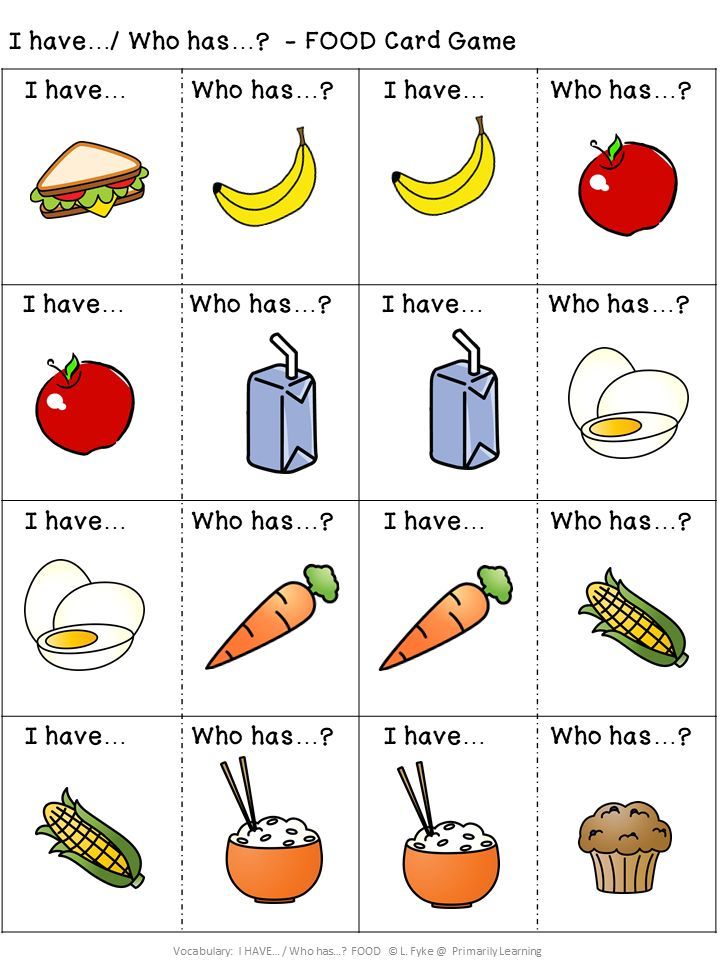
Signing up for a free Grow account is fast and easy and will allow you to bookmark articles to read later, on this website as well as many websites worldwide that use Grow.
- Share
Vocabulary: Activities for Your Pre-K Child
Talking to and reading with your pre-K child are two terrific ways to help them hear new words. Conversations and questions about interesting words are easy ways to get new words into everyday talk.
Even very young children love to hear and learn new words! Help your child expand their word bank and knowledge of the world by using interesting and vivid words instead of simpler language in your everyday conversations. For example, instead of saying, "this pizza is good" you might say, "this pepperoni pizza tastes spicy."
Reading aloud exposes your child to lots of vivid language that is not found in books for beginning readers. When you come upon a new and interesting word, take the time to stop and ask your child what they think that word might mean in the context of the story.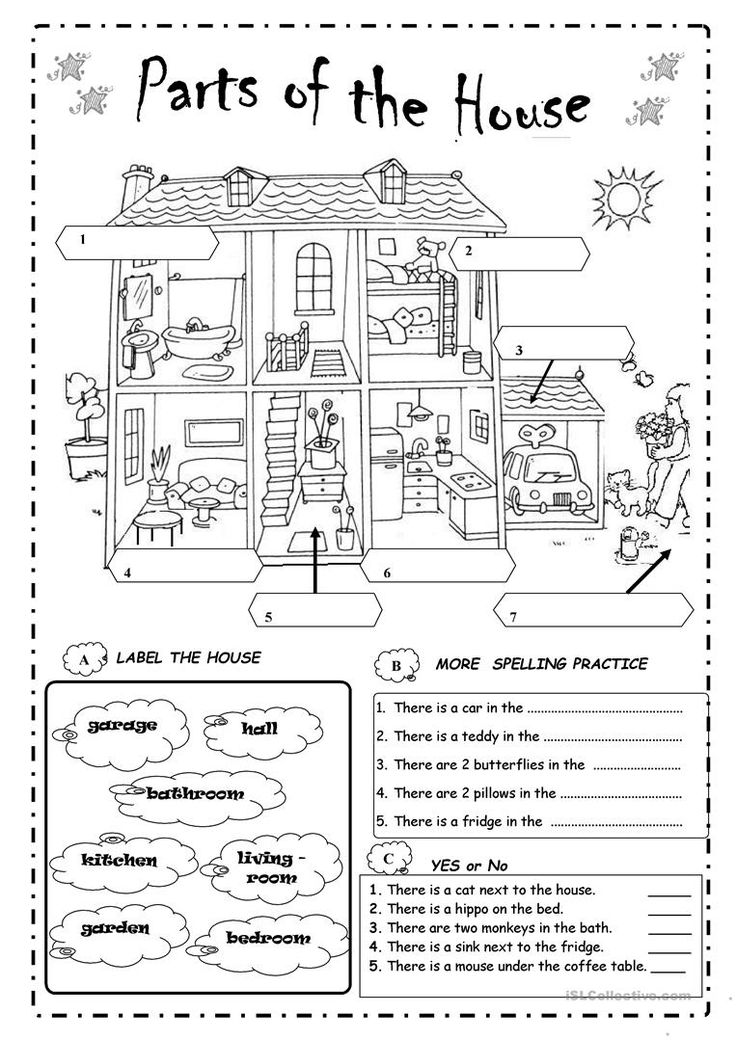 Then offer a kid-friendly definition of the word and connect it to a similar word and a shared experience.
Then offer a kid-friendly definition of the word and connect it to a similar word and a shared experience.
Word learning and vocabulary growth takes time and patience. Don't expect your child to learn a new word after one conversation or one read aloud. True word learning happens after being exposed to words several times. We all learn about words throughout our lifetime. You're getting your child off to a great start by developing an early interest in words.
Try these vocabulary activities at home!
Read aloud every day
Reading aloud to your child and having your child read books on their own is the best way to increase their vocabulary. Books provide words they won’t encounter in everyday conversations as the language of books is more complete and formal than talking. A great story also provides context and illustrations for learning a new word.
Bring in the nonfiction
Nonfiction and informational books (such as the picture books by Gail Gibbons and Sneed Collard) offer young children a treasure chest of new and interesting words about our world.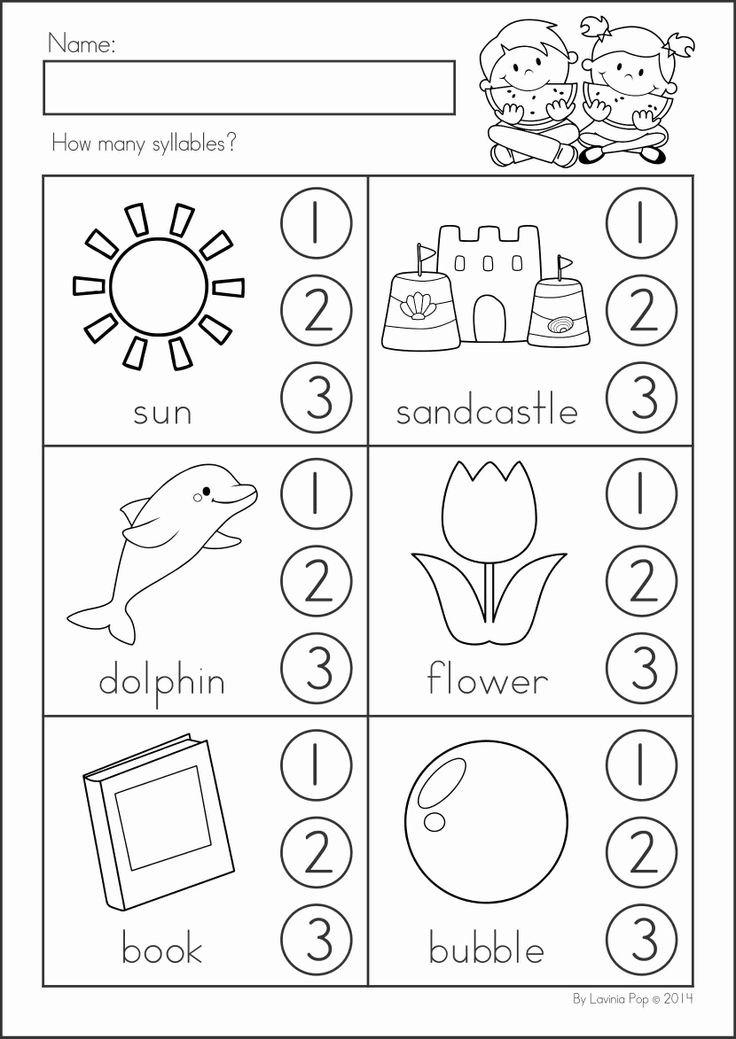 If the book has a glossary, spend some time discussing the words with your child, and as you read aloud stop as often as needed to think about new words and how they connect to what your child already knows about.
If the book has a glossary, spend some time discussing the words with your child, and as you read aloud stop as often as needed to think about new words and how they connect to what your child already knows about.
Grocery store vocabulary
Use the items on the grocery shelf to give your child practice finding something above their belly button, below their nose, on the bottom shelf, and between other items on a shelf. Opportunities to use superlatives, those little endings that help describe size, are all around the grocery store. Have your child find a big fruit, a bigger fruit and the biggest fruit in the produce section. What's the smallest item in the cart? The largest item?
Explore your world
Visits to a museum, the zoo, the botanical garden, historical sites, and even your neighborhood park are terrific opportunities to introduce your child to new words.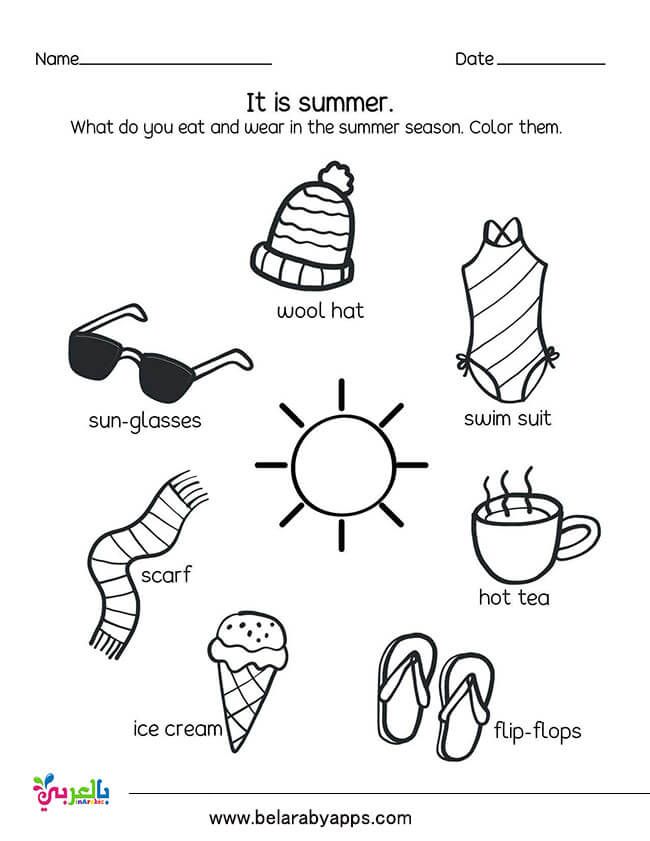 Spend some time looking at the signage and identifying new words, then connecting them to what you see right there.
Spend some time looking at the signage and identifying new words, then connecting them to what you see right there.
How can I help my four year old learn more words?
Literacy expert Sandra Wilborn shares three key ways to build your young child's vocabulary: lots of family talk, narrating your every day activities such as cooking or shopping, and reading to your child — while pointing out new words and then using them in your conversations. (From our video series Reading SOS: Expert Answers to Family Questions About Reading.)
Talk about new words during read alouds
Talking to and reading with your child are two terrific ways to help them hear and read new words. Conversations and questions about interesting words ("The book says, 'The boy tumbled down the hill,' and look at the picture! How do you think he went down the hill?") are easy ways to get new words into everyday talk.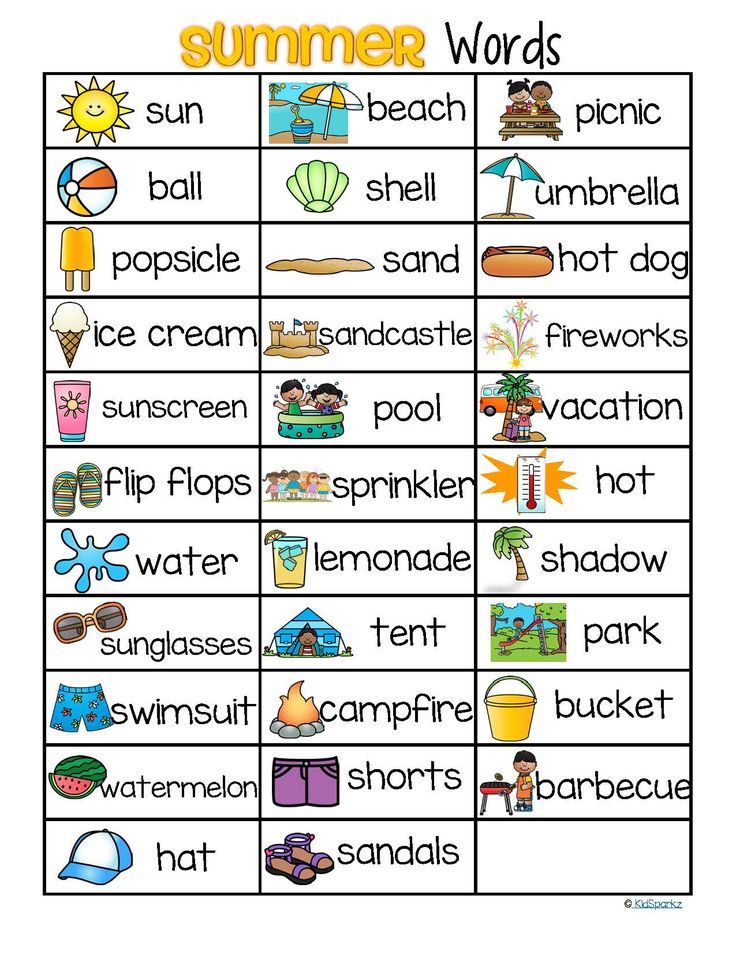
Sharing a new word with your child doesn't have to take a long time: just a few minutes to talk about the word and then focus back on the book or conversation. Choose which words to talk about carefully — choosing every new word might make reading seem like a chore. The best words to explore with your child are ones that are common among adult speakers but are less common to see in the books your child might read.
When introducing new words to your young learner, keep the following four helpful hints in mind:
First, provide a simple, kid-friendly definition for the new word:
Enormous means that something is really, really big.
Second, provide a simple, kid-friendly example that makes sense within their daily life:
Remember that really big watermelon we got at the grocery store? That was an enormous watermelon!
Third, encourage your child to develop their own example:
What enormous thing can you think of? Can you think of something really big that you saw today? That's right! The bulldozer near the park was enormous! Those tires were huge.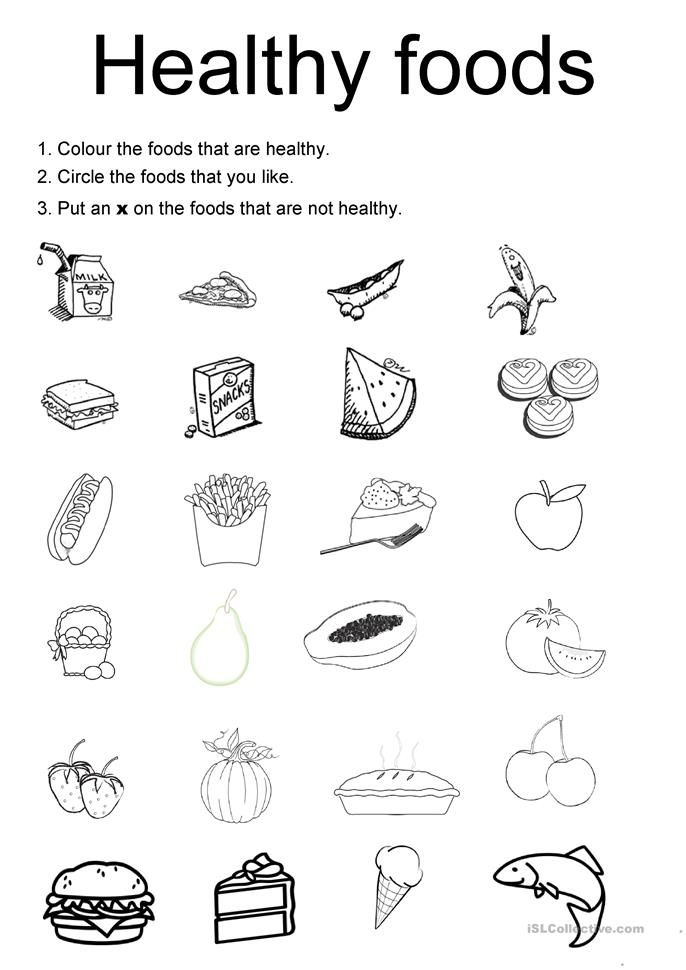
Lastly, keep your new words active within your house.
Over the next few days and weeks, take advantage of opportunities to use each new vocabulary word in conversation. Kids often need to hear a new word in context ten times or more before they "know" that word.
Antonyms: another word
Try this activity from the Florida Center for Reading Research (FCRR). The FCRR "At Home" series was developed especially for families! Watch the video and then download the activity: Antonyms: Another Word. See all FCRR vocabulary activities here.
A powerful technique for growing your child’s vocabulary
This video is from Home Reading Helper, a resource for parents to elevate children’s reading at home provided by Read Charlotte. Find more video, parent activities, printables, and other resources at Home Reading Helper.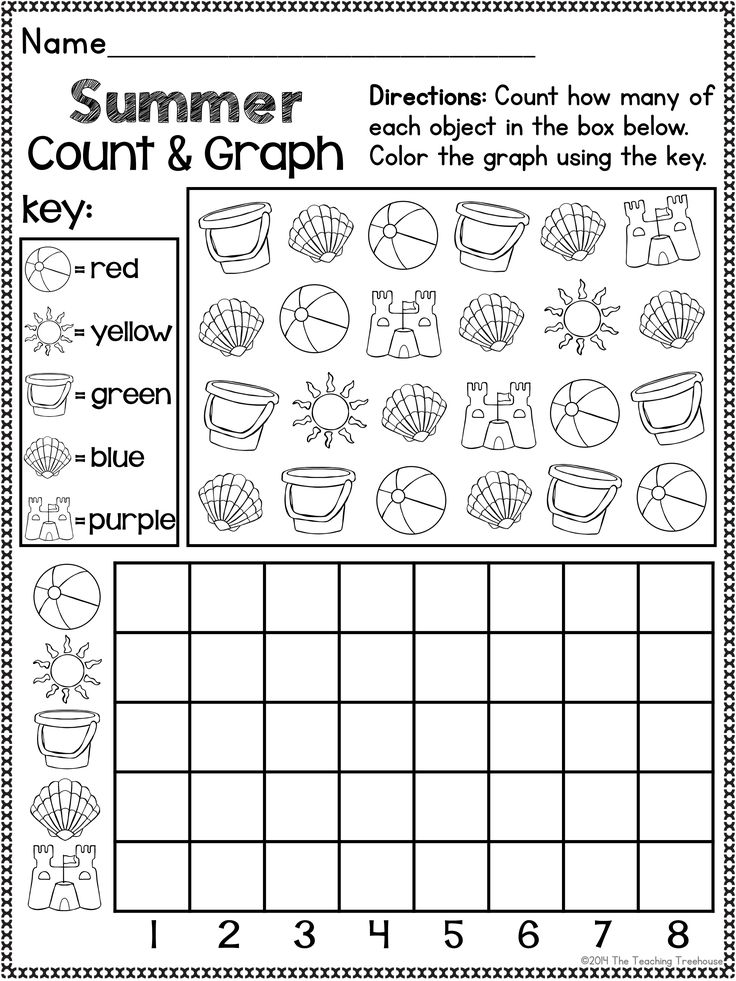
More vocabulary resources
Vocabulary apps
Reviews provided by Common Sense Media.
5 vocabulary development exercises
How pleasant it is to listen to eloquent and competent speech when a person knows how to choose the right words and accurately describe his thought. And illiterate, “poor” speech, which is quite difficult to understand, cuts the ear just as much. It is a large vocabulary that is a sign of intellectual development and can help you in learning, working or speaking in front of a large audience.
Before starting the study of exercises to increase vocabulary, let's look at the types of vocabulary:
- Active vocabulary. These are the words that we use in everyday life when communicating with friends, family, colleagues. When writing letters, SMS in chat, social networks.
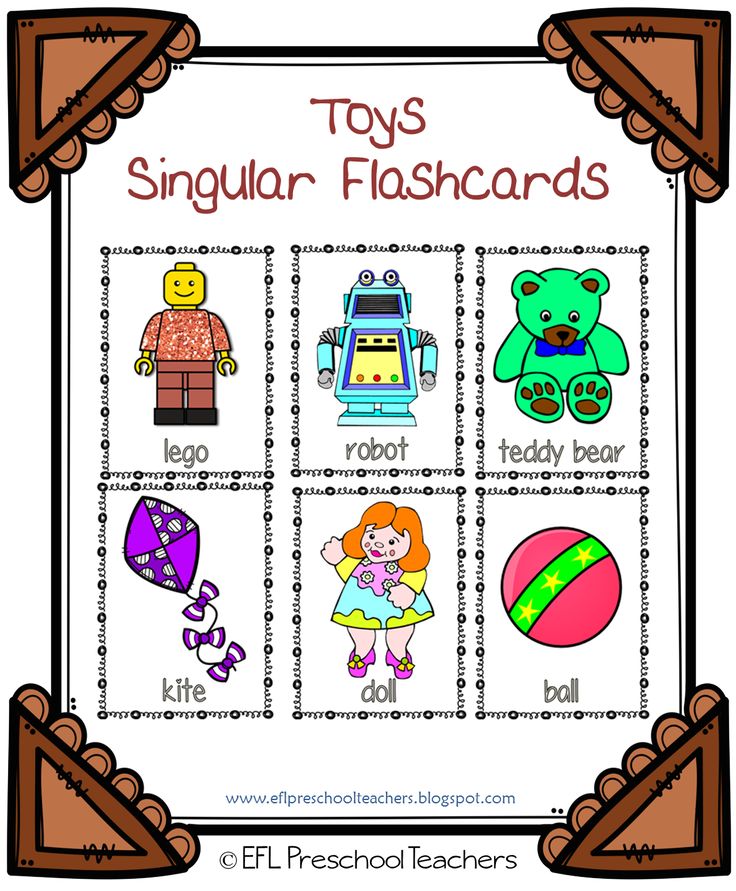 When we speak, we do not think about the words and do not put effort into constructing sentences.
When we speak, we do not think about the words and do not put effort into constructing sentences. - Passive vocabulary. These are words that we know, but do not use in conversation. As a rule, the passive reserve can be 2-3 times greater than the active one. On occasion, we can search in our head and find the right words, but we do this very rarely.
- External vocabulary. These are words we don't know. Usually these are specific words from the professional field of activity.
It is rather difficult to set clear boundaries in the vocabulary. Children's vocabulary can average 1000 words, adults have 10 times more. Erudite people who are constantly engaged in self-development, read a lot of books and constantly study, have a vocabulary of up to 50,000 words. Therefore, we have selected such universal exercises to expand the active vocabulary that schoolchildren, students or specialists can perform.
- Alphabet exercise. You need to come up with a sentence in which all words will begin with the next letter of the alphabet.
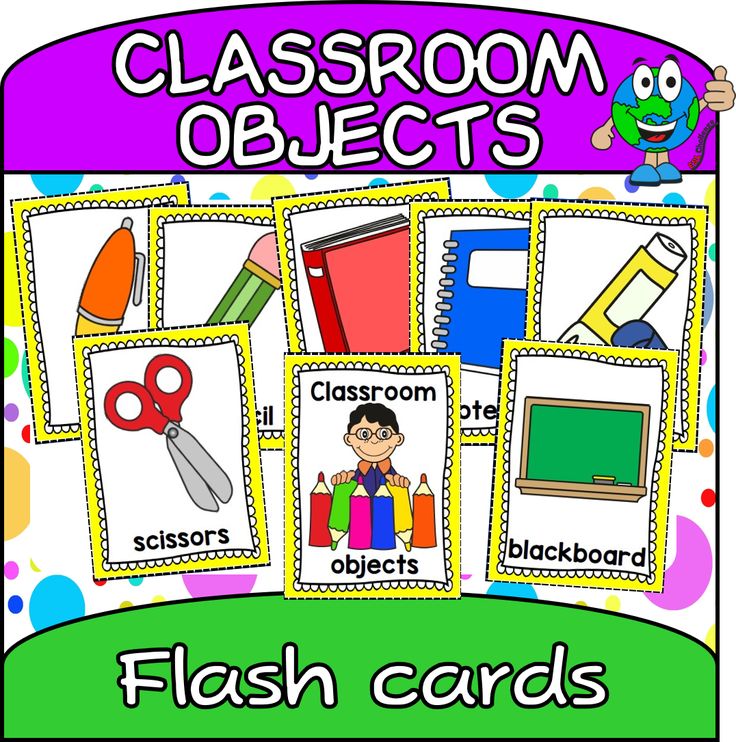 Example: "Alina runs in the thick of trees." Try to make long sentences using words from A to Z.
Example: "Alina runs in the thick of trees." Try to make long sentences using words from A to Z. - Noun exercise. Make up a story and tell it using only nouns. "Morning. Water. Walk. Dog. Tea. Breakfast. Underground. Job. Meeting. Tasks. Dinner."
- Exercise "Verbs". Repeat the previous exercise, only using verbs instead of nouns.
- Exercise "Adjectives and adverbs". Also invent a story, just voice it now with the help of adjectives and adverbs.
- Exercise "Monophone". Remember all the words that start with the letter A and come up with a sentence with them, keeping the meaning. And do this with all the letters in the alphabet.
These exercises will be difficult to complete at first, so don't give up too soon. Each time, it will be easier for you to come up with stories and look for the right words. You will find even more useful information on the website "Russia - the land of opportunities". The platform hosts free online courses, webinars on marketing, PR, charity, management, psychology, and finance.